How to become a Lead Field Service Engineer in Instrumentation
Zubair A Mazari has a degree in Electronics Engineering and more than ten years of experience in instrumentation and control. He has worked in different sectors including oil and gas, power generation and chemicals. Zubair is now Lead Field Service Engineer for Avanceon Middle East and South Asia. In this article he shares his experience and career so far. He also outlines his lessons in how to become a Lead Field Service Engineer in Instrumentation.
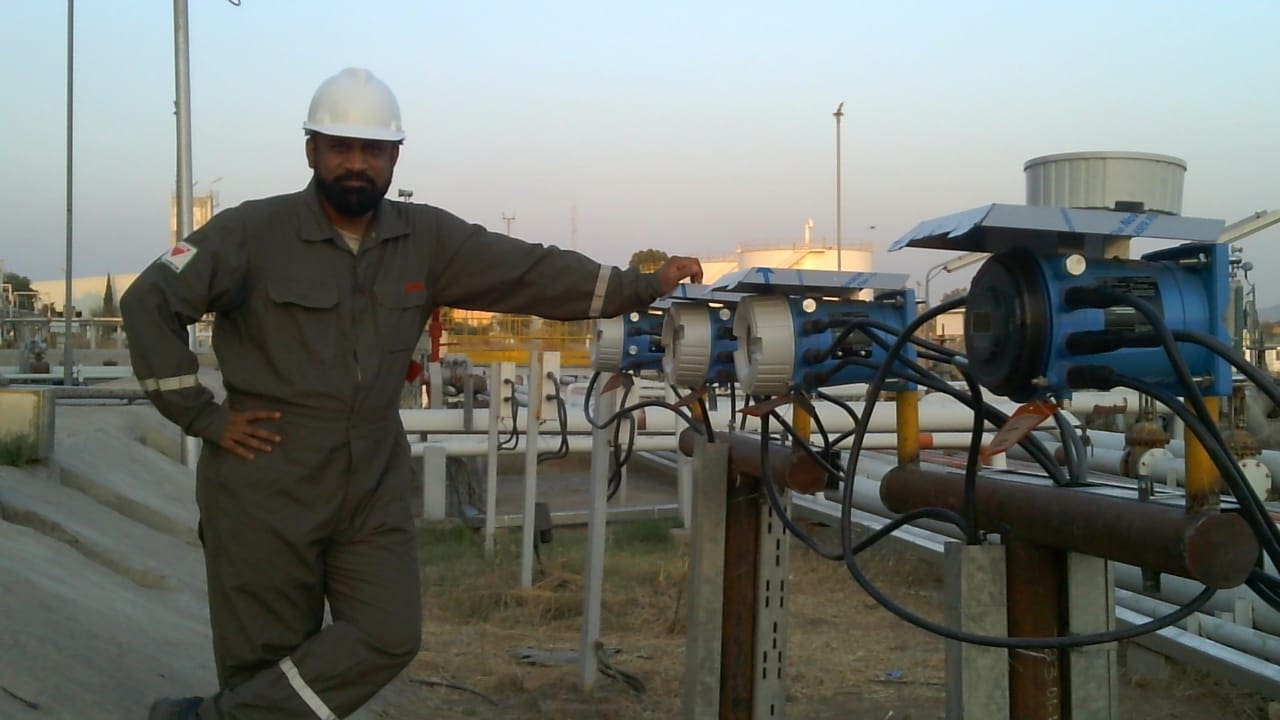

Working in Instrumentation and Control Engineering – Zubair A Mazari
Background and path to instrumentation engineering
Were you interested in science, engineering and the way things work when you were a child?
Growing up, my fascination with science and engineering was further fuelled by the fact that my entire family was deeply entrenched in the technical field. Whether it was my father, who was a Chemical Engineer, or my uncle, an Instrument Engineer, discussions around the dinner table often revolved around innovative technologies and breakthroughs in the industry.
Did you fix or make things when you were a child? Or help someone with practical tasks?
I would frequently assist my father and uncle in their repair tasks, gaining invaluable hands-on experience.
This familial environment nurtured my interest in understanding how things work. This then led me to appreciate the practical aspects of technology.
Why did you choose electronics engineering rather than a different type of engineering?
Despite being surrounded by engineers, when the time came to select a career path, the choice of electronics engineering felt almost predestined. It seamlessly aligned with my interests. In addition, it drew on the knowledge and skills I had gained through my family and educational experience.
Instrumentation engineering
Why did you decide to specialise in instrumentation?
I chose to specialise in industrial instrumentation because I was drawn to the crucial role it plays in optimising industrial processes and ensuring safety and efficiency in various manufacturing and production settings.
Industrial instrumentation involves the design and implementation of specialised devices and systems that monitor, control, and regulate various parameters, such as temperature, pressure, and flow, within industrial facilities.
This field piqued my interest because it offers a dynamic and rewarding career, where I get to apply my engineering skills to create solutions that directly impact industries like petrochemical, pharmaceutical, and manufacturing.
The ability to contribute to the improvement of industrial processes and the assurance of product quality was a driving force behind my decision to specialise in this field.
How do you explain instrumentation to a family member or friend who is not an engineer?
When describing industrial instrumentation to a family member or friend who isn’t an engineer, I often use the analogy of a control centre for a complex operation.
Much like a control centre oversees and manages various aspects of a complex system, industrial instrumentation involves creating and supervising specialised instruments and systems that monitor and regulate essential factors within industrial processes. These factors could include temperature, pressure, or flow.
The goal is to ensure that everything operates smoothly, efficiently, and with precision.
In simple terms, industrial instrumentation is like the control hub of a factory or manufacturing facility, ensuring that all the pieces fit together seamlessly and that products are made with accuracy and safety.
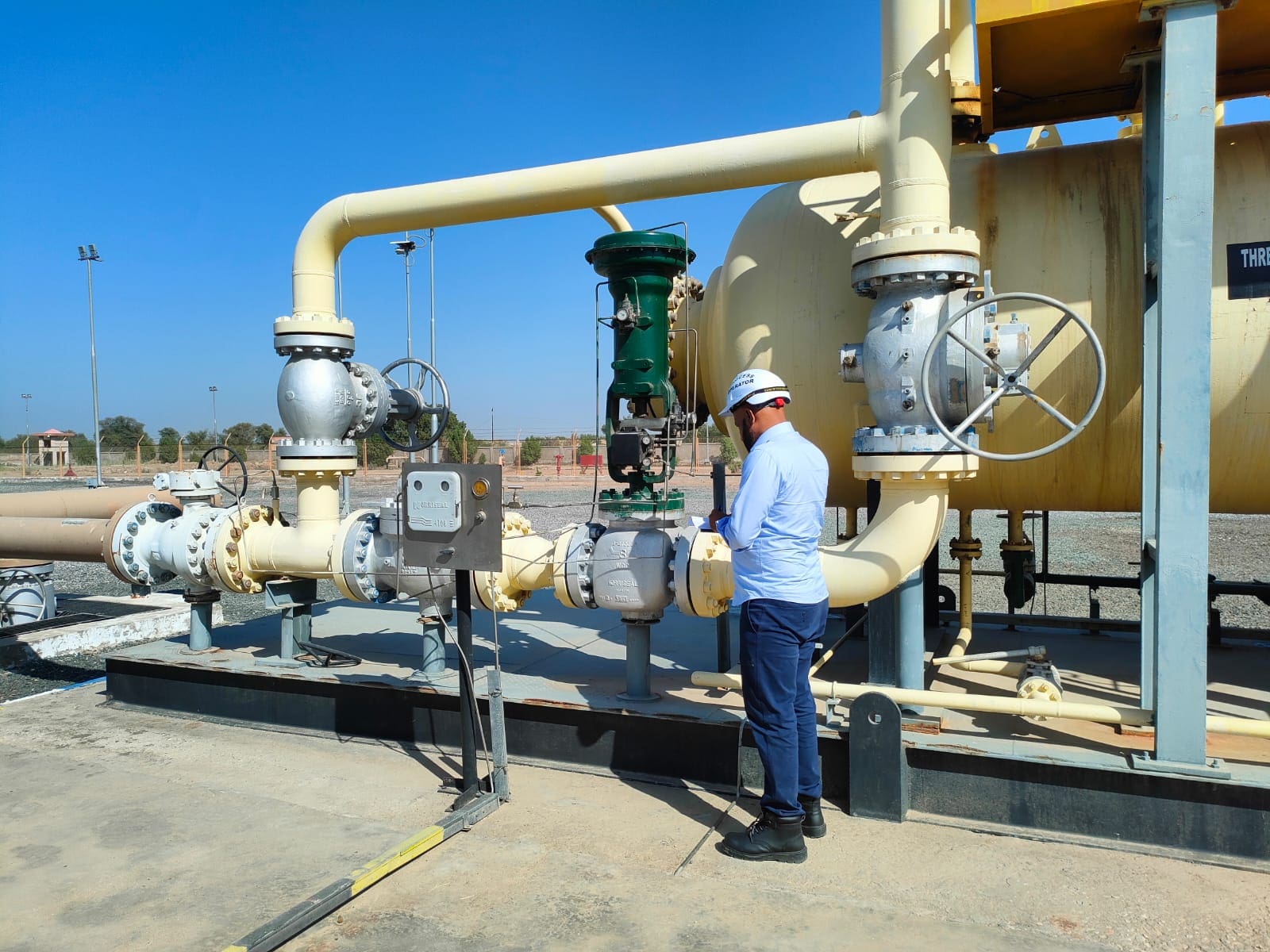

The equipment
You have experience on a lot of equipment and devices. During your career what types have you installed and maintained?
I possess extensive experience in various types of industrial instrumentation, including:
flow meters,
control valves,
level transmitters,
and a wide array of field instruments, covering a range of Original Equipment Manufacturers (OEMs).
What is the most interesting piece of equipment or device you have ever worked on? – and why?
My expertise lies in the installation and commissioning of custody transfer tank gauging systems. This is a crucial requirement as per for custody transfer in the oil industry. Furthermore, I am IEC EX certified for oil and gas electrical installations in compliance with HAC classifications.
The Engineer’s Guide to Tank Gauging
You have worked in different industries. How do the skills overlap?
As an industrial instrumentation engineer, you can overlap skills from oil and gas, chemical plants, and fertilizer production. You can do this by focusing on common areas such as control systems expertise, safety protocols, process optimisation, instrumentation selection, environmental compliance, troubleshooting, advanced technology integration, and meticulous documentation. This versatility allows you to adapt and excel in various industrial settings.
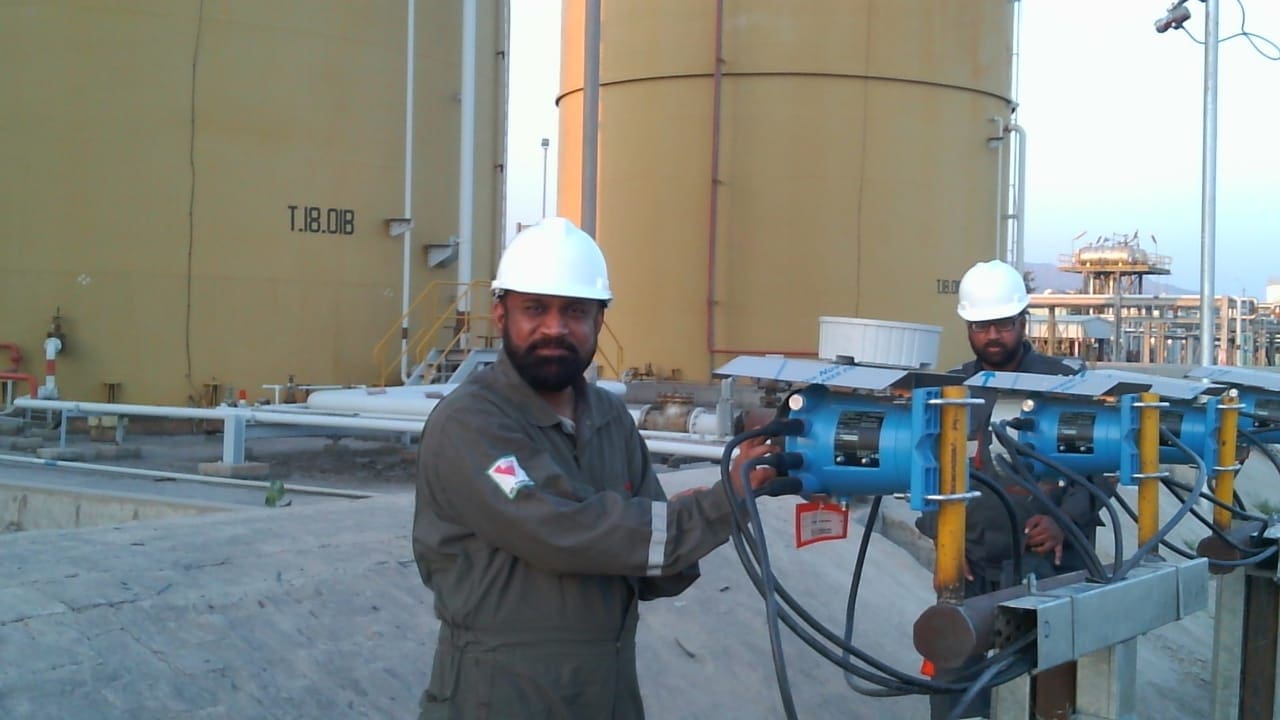

Typical week in current role as an instrumentation engineer
Can you describe what you do technically?
As an industrial instrumentation engineer, my technical role primarily involves commissioning new instruments and conducting preventative and corrective inspections of tank gauging systems.
In oil and gas facilities, my routine includes setting up and calibrating various instrumentation devices to ensure accurate measurements, which are vital for safety and operational efficiency. This includes configuring sensors, control systems, and data acquisition systems.
Additionally, I perform routine inspections and maintenance of tank gauging systems to prevent issues and address any malfunctions promptly. I also adapt my expertise to other industrial plants as needed, tailoring my approach to the specific requirements of each facility. This ensures that instruments across various industries are functioning optimally, contributing to the reliability and productivity of these plants.
How much of your time is spent on site with the equipment? How much time is spent doing other things like administration, helping other engineers and training?
The approach I take varies depending on the specific site and its requirements. During my free time, I often find myself working remotely from home, but occasionally, I also work from the office. I make it a point to assist my junior colleagues, providing guidance and training on both the existing systems in place and the most recent technological advancements.
Most challenging part of the job
What do you find most challenging when you are working – technical side, people, environment (heat, noise etc.) or logistics (travel etc.)?
The environmental conditions, which can include extreme temperatures, noise, and sometimes even hazardous substances, also present significant challenges. These conditions not only affect the functioning of instruments but also require attention to safety and health measures to protect personnel and equipment.
While logistics and people-related aspects can have their difficulties, such as managing projects and coordinating with different teams. As well, I often find that the technical and environmental challenges are more consistently demanding in my role as an industrial instrumentation engineer.
What has been your most challenging project so far?
One of the most challenging projects I’ve undertaken involved the implementation of tank gauging systems at MOL GROUP on CPF (Central Processing Facility) and GPF (Gas Processing Facility) condensate tanks, where natural gas was being used for pressurization blanketing. This project presented multifaceted challenges that required careful consideration and technical expertise. The complexity stemmed from the need to ensure accurate measurements and the safe use of natural gas for pressurization.
Integrating the tank gauging system into the existing infrastructure while maintaining safety standards and minimising downtime demanded meticulous planning and execution. Moreover, working with a volatile substance like natural gas required a keen focus on safety protocols and adherence to strict regulations.
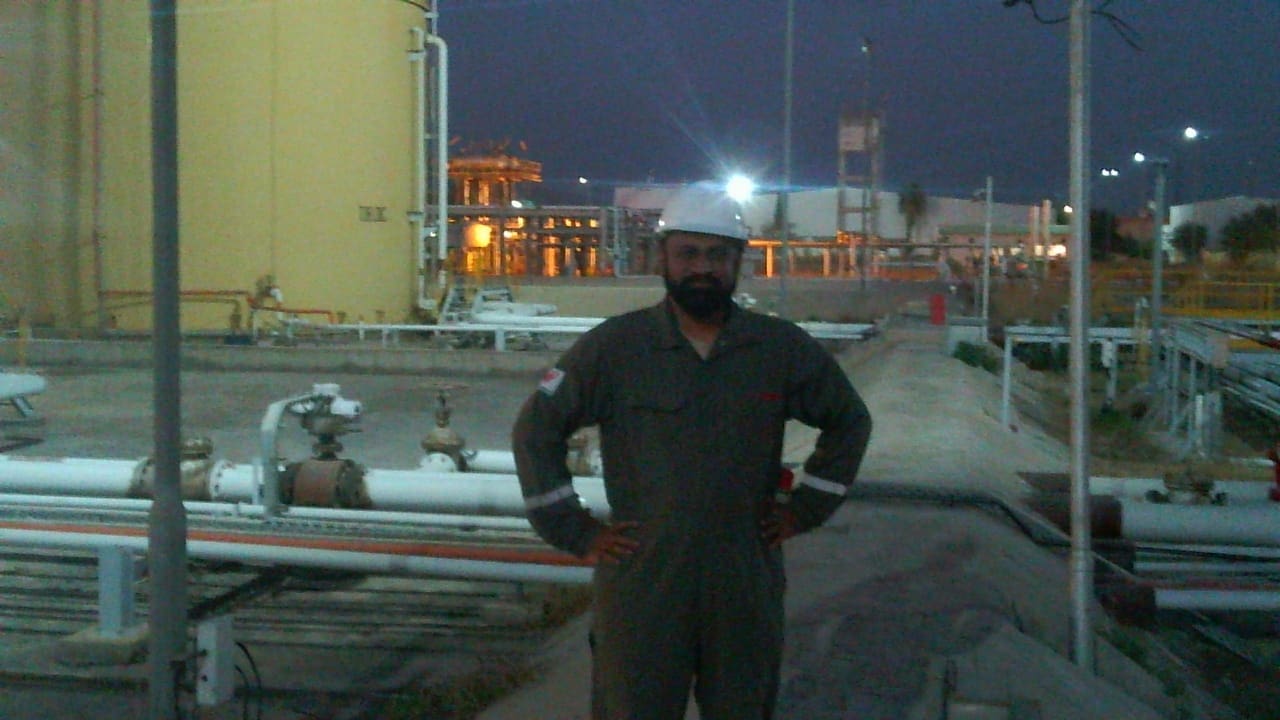

Importance of thorough inspection
Have you ever arrived on site and found that it was much easier than you expected? For example, did you ever need to simply switch on a machine.
During a visit to a food processing plant, I encountered a peculiar issue. In this case, the initial complaint was about a malfunctioning flow meter. It was presumed that the flow meter itself was at fault. However, upon inspecting the entire installation, I made an unexpected discovery. The bypass valve was partially opened, allowing almost half of the boiler gas to flow through without being measured by the meter. Once I closed the valve, the flow meter began to register the flow accurately. This incident highlights the importance of a thorough inspection and the potential for simple but significant solutions in the field of industrial instrumentation.
Future engineers
Apart from a strong technical background, what are the three most important skills to have?
I feel that these three things are key:
Excellent MS Office skills.
Ability to hear the issue first and then decide the next step.
Computer troubleshooting.
What sort of personality traits are ideal for a field service engineer?
Ideal traits for a field service engineer include technical proficiency, problem-solving skills, adaptability, strong customer service, and safety consciousness.
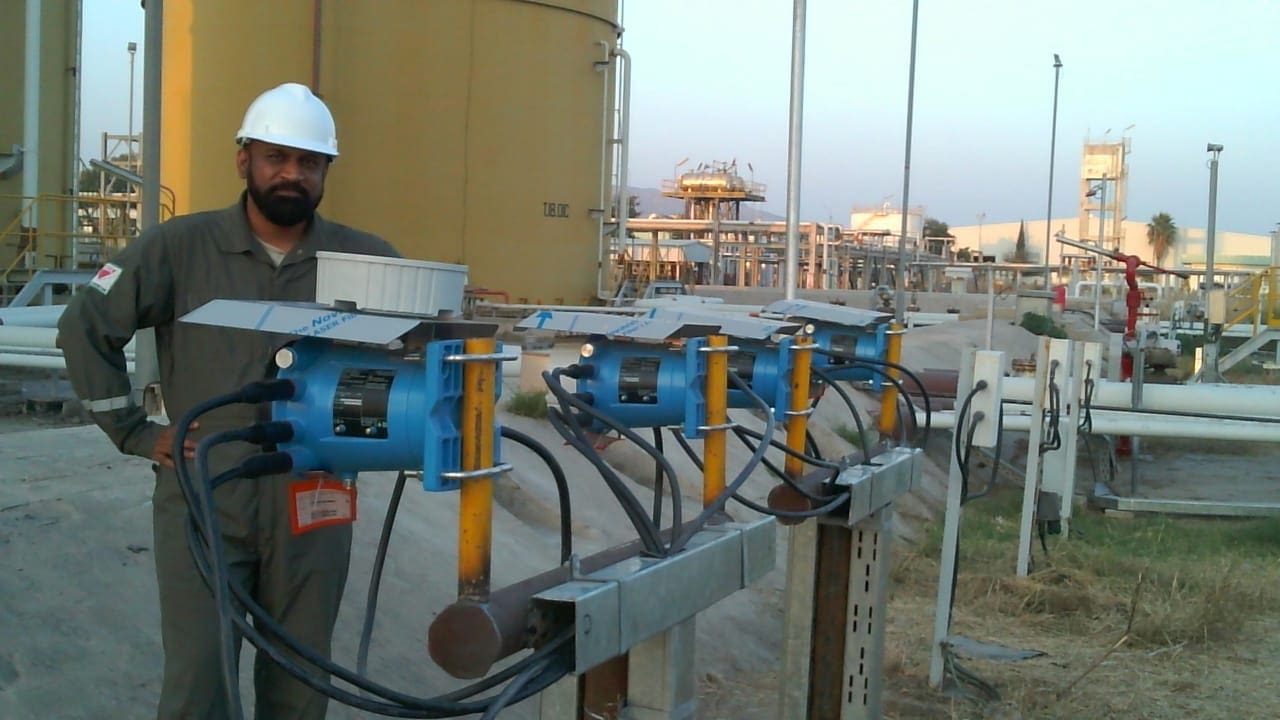

The future
What are your plans for your future career? What would you like to achieve next?
In my future career, I aspire to expand my horizons by taking on international assignments, engaging in international projects, and contributing on a global platform.
I’m driven to embrace diverse challenges, collaborate with professionals from different backgrounds, and leverage my expertise to solve complex problems on a worldwide scale.
Ultimately, I aim to continue growing professionally and expanding my skill set. Therefore, making a significant impact in the field of industrial instrumentation.
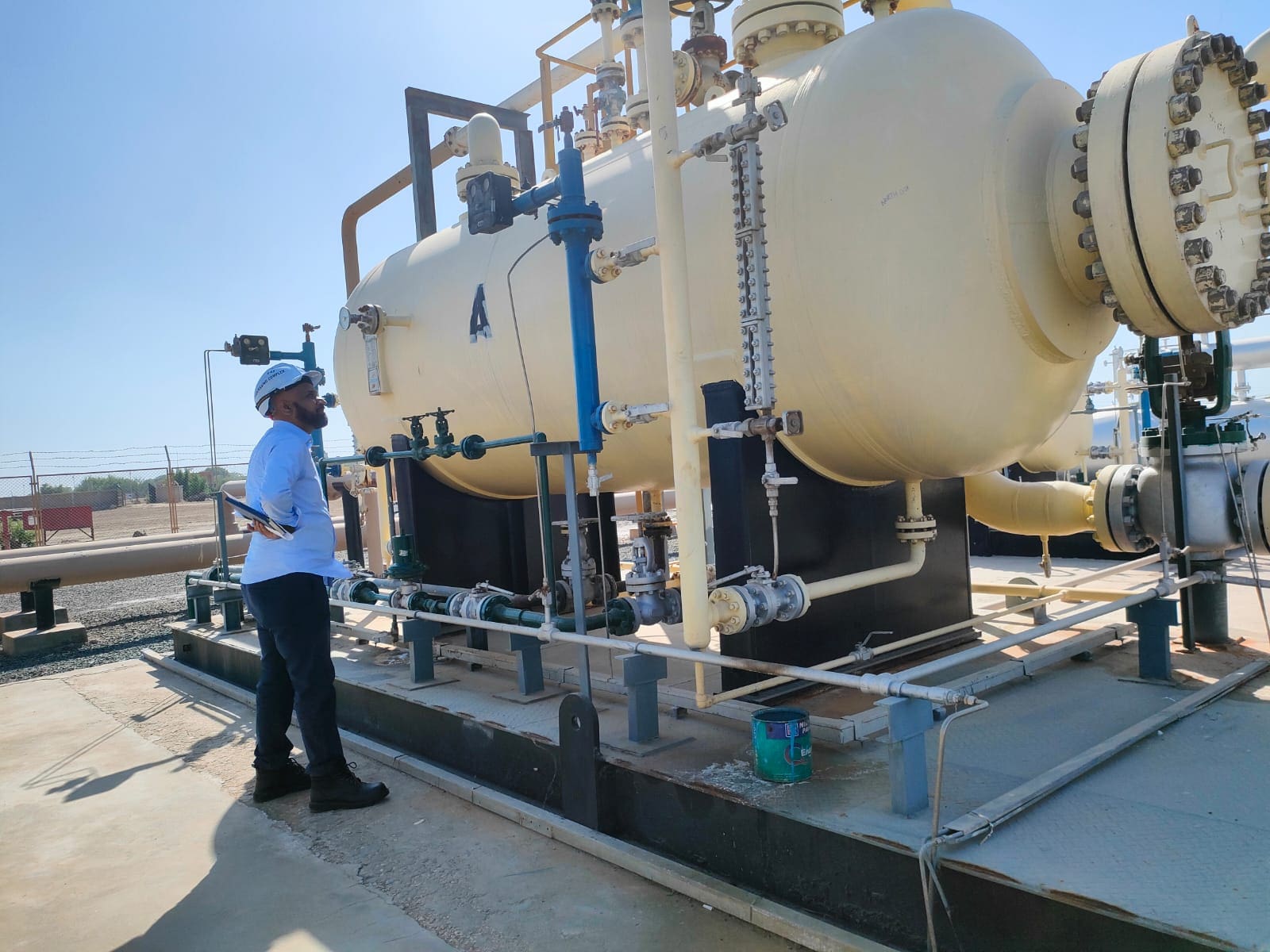

Further reading
An Instrumentation Engineer keeping the production line running


Responses